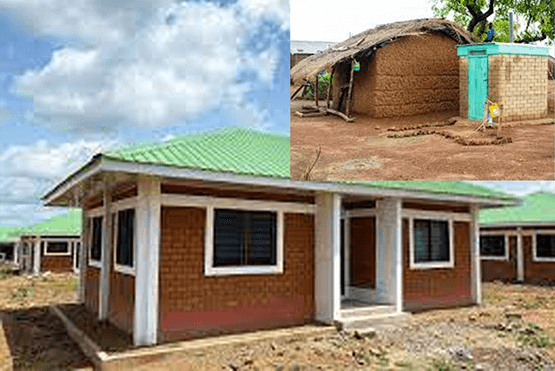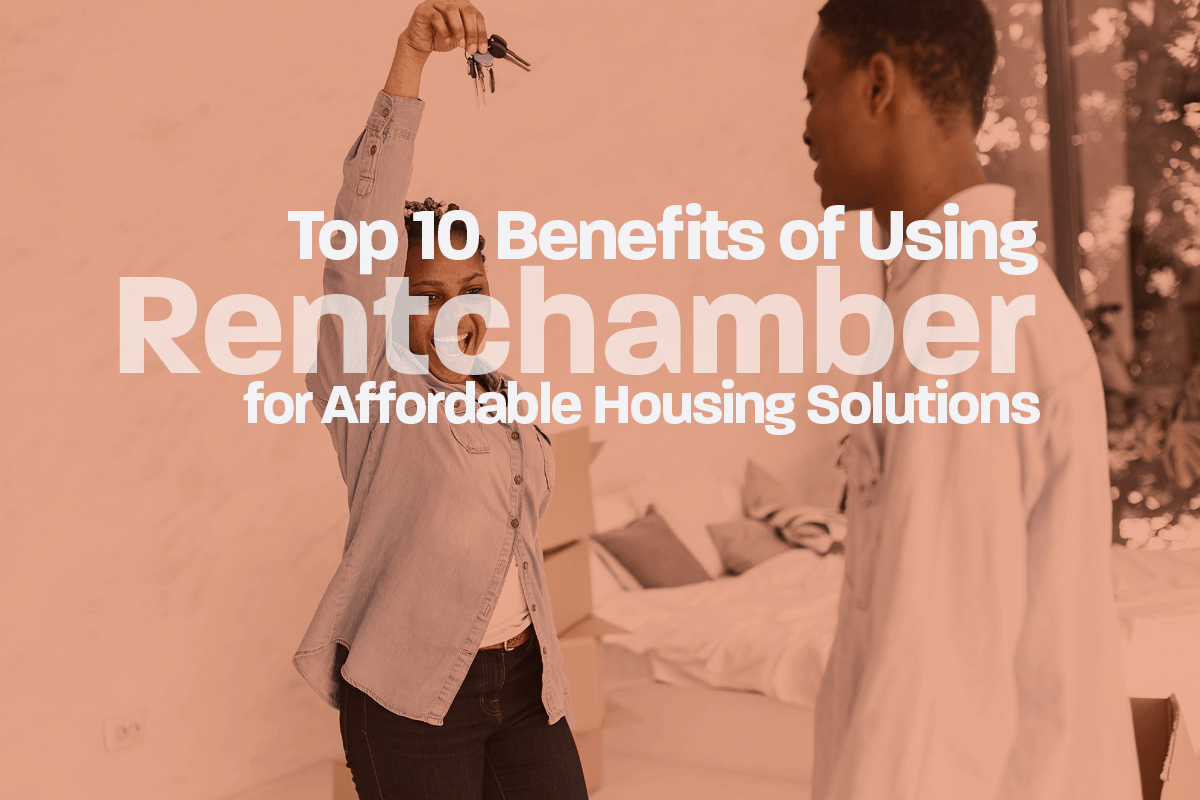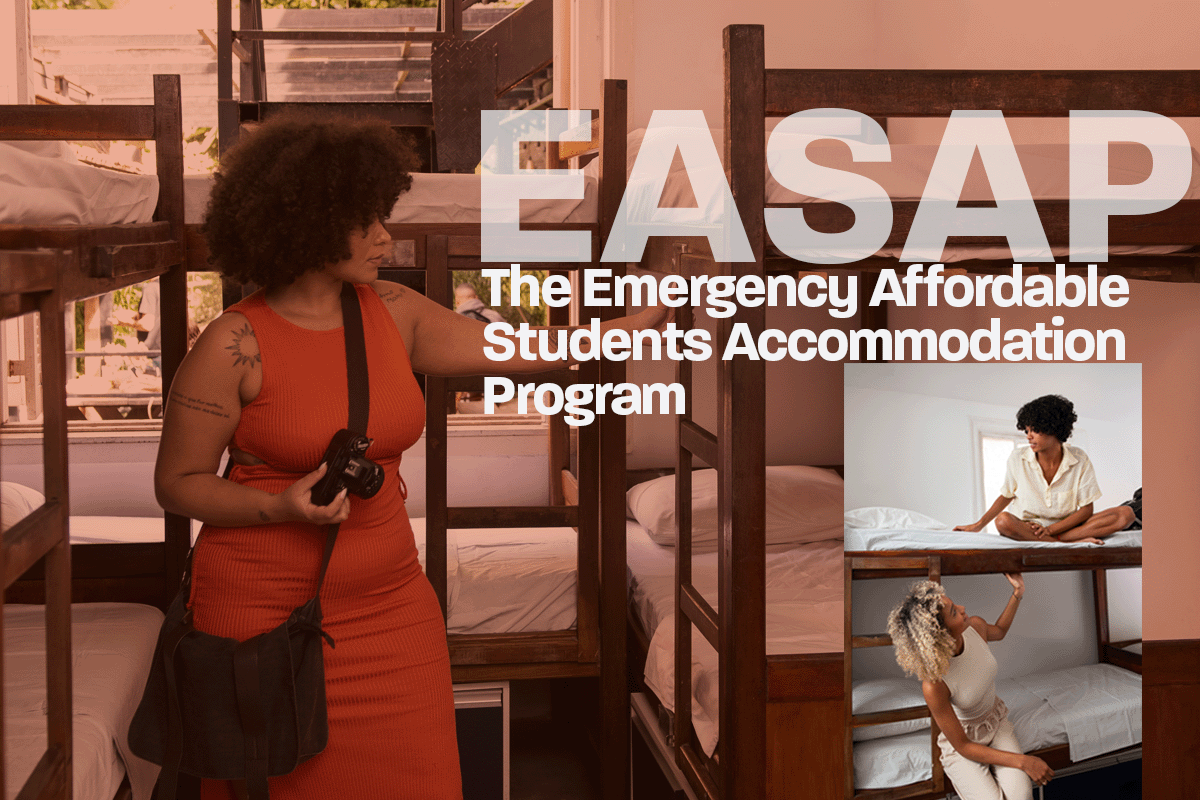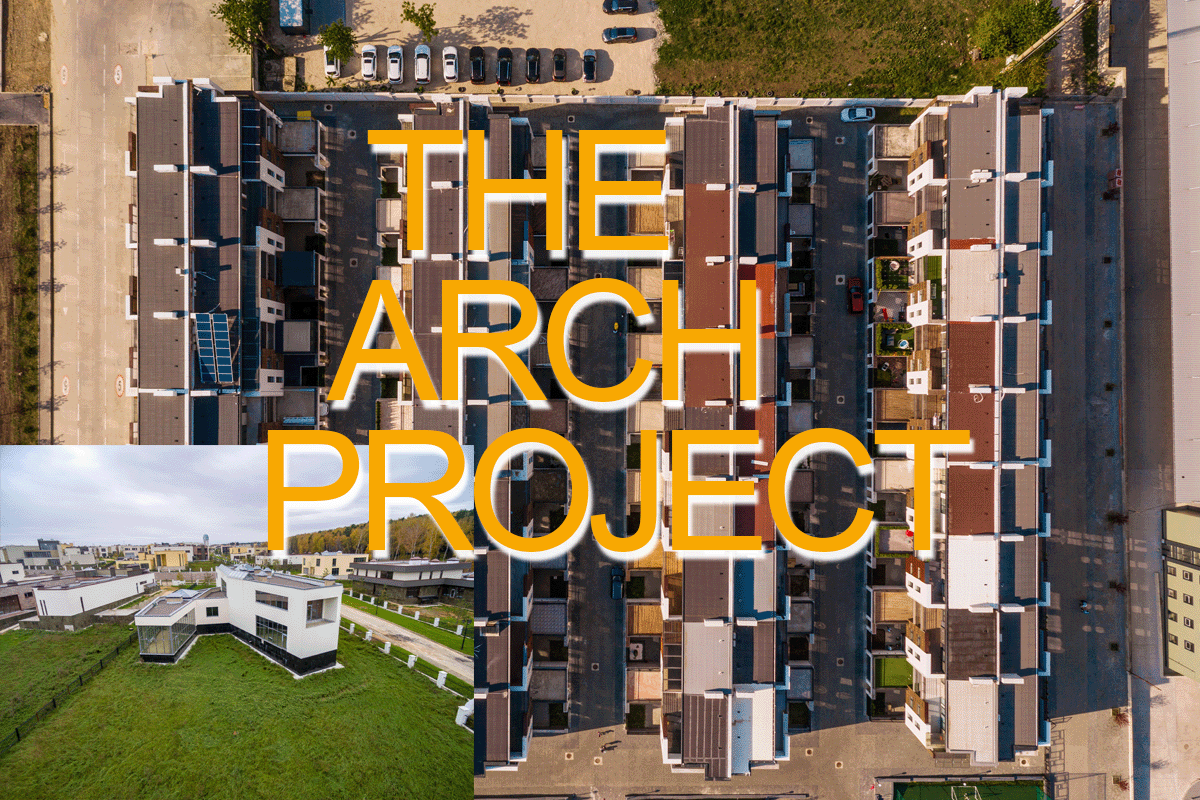Access to affordable and adequate housing remains a critical challenge for low-income communities in Ghana. Rapid urbanization, population growth, and limited resources have exacerbated this issue, making it essential to explore innovative approaches that can address the housing needs of the most vulnerable segments of society. In recent years, various creative and sustainable solutions have emerged to tackle the affordable housing crisis in Ghana. Now let us delve into some of these innovative approaches.
5 Innovative Approaches to Affordable Housing For Low-Income Communities in Ghana
1. Microfinance and Housing Cooperatives
Microfinance institutions and housing cooperatives have significantly improved housing access for low-income communities in Ghana. Organizations like the Ghana Co-operative Credit Unions Association (CUA) have facilitated access to loans and financial services tailored to housing needs. These institutions collaborate with housing cooperatives to provide favorable interest rates and flexible repayment plans. The success of this approach is evident in the increasing number of individuals and families who have been able to construct or upgrade their homes through microfinance initiatives.
2. Earthbag Construction Techniques
Earthbag construction techniques have gained traction as a cost-effective and environmentally friendly solution for affordable housing. By utilizing locally available materials such as soil and sacks, these techniques offer a sustainable alternative to traditional construction methods. The process involves filling bags with soil, stacking them to create walls, and securing the structure with barbed wire. Earthbag buildings are not only resilient but also provide natural insulation and protection against extreme weather conditions, making them suitable for low-income communities in various regions of Ghana.
3. Bamboo and Sustainable Materials
The use of bamboo and other sustainable materials in housing construction has garnered attention for its affordability, rapid growth, and minimal environmental impact. Bamboo is a versatile material that can be engineered to meet structural requirements and offers a viable alternative to expensive imported building materials. In Ghana, initiatives like the Bamboo and Rattan Development Programme (BARADEP) promote the cultivation and utilization of bamboo in construction, contributing to the creation of affordable and eco-friendly housing solutions.
4. Public-Private Partnerships (PPPs)
Public-Private Partnerships (PPPs) have emerged as a strategic avenue for addressing the affordable housing challenge in Ghana. Collaborations between government entities, private developers, and non-governmental organizations have led to the development of low-cost housing projects. These partnerships leverage the expertise and resources of each sector to create sustainable housing solutions that cater to the needs of low-income communities. Notable projects such as the Borteyman Affordable Housing Project highlight the success of PPPs in providing affordable housing units.
5. Social Housing Initiatives
Government-led social housing initiatives have been pivotal in expanding access to affordable housing for low-income communities. Programs like the National Housing Policy and the Affordable Housing Program aim to provide subsidized housing units to eligible citizens. These initiatives prioritize equitable distribution and ensure that vulnerable populations have access to decent and affordable homes. By offering financial incentives and regulatory support, the government plays a crucial role in fostering an environment conducive to affordable housing development.
The housing crisis facing low-income communities in Ghana necessitates a multifaceted approach that combines innovation, collaboration, and sustainability. The aforementioned innovative approaches demonstrate the potential to transform the housing landscape by providing affordable and dignified shelter for those in need. Through microfinance, earthbag construction, sustainable materials, PPPs, and social housing initiatives, Ghana is taking commendable steps toward ensuring that every citizen has access to a safe and comfortable home. As these approaches continue to evolve and gain momentum, the prospect of achieving affordable housing for all becomes an attainable reality.




